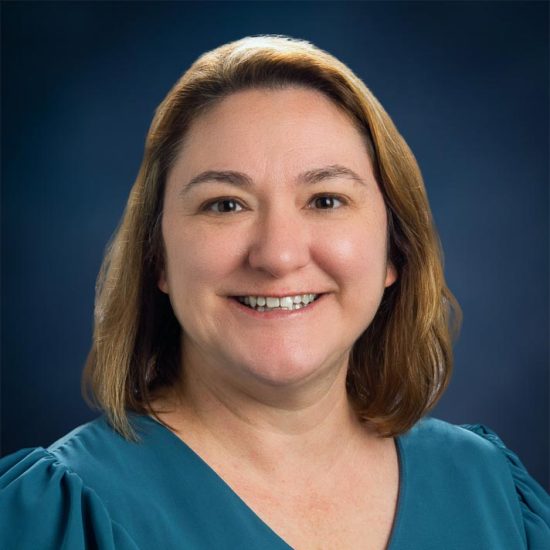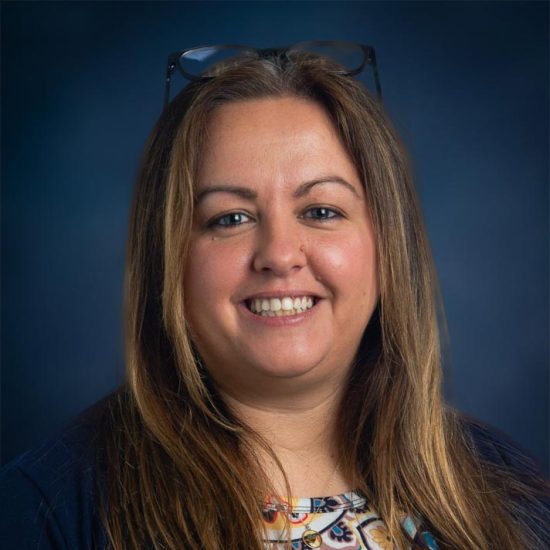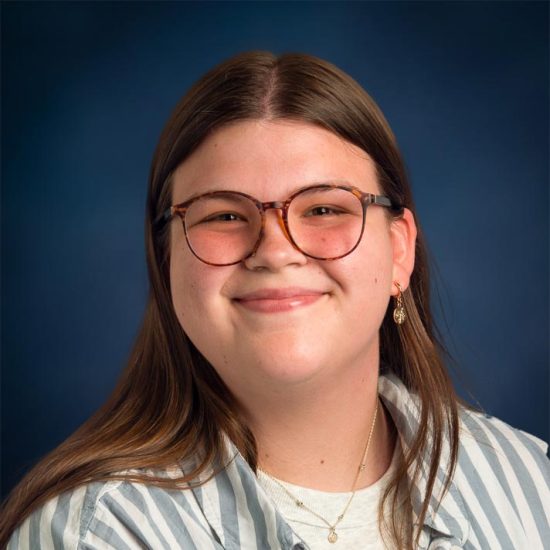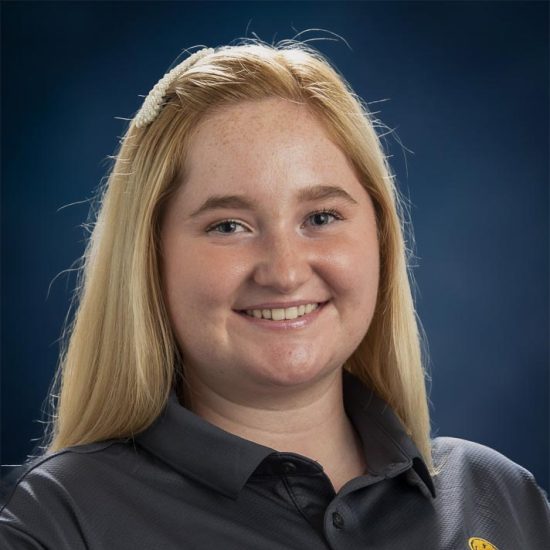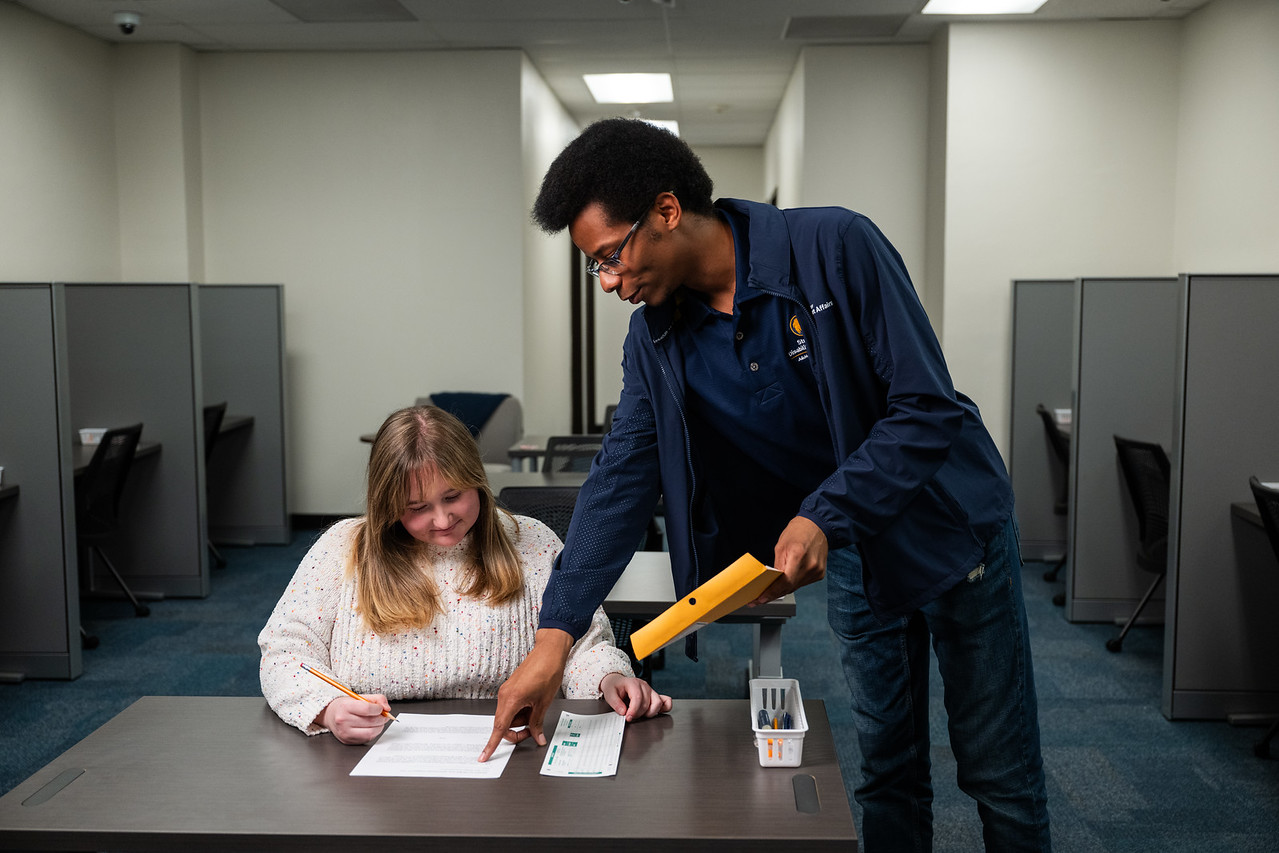
- On this page:
-
 Registering With SDS
Registering With SDS
-
 Atypical Ambassadors
Atypical Ambassadors
-
 Resources
Resources
-
 Staff
Staff
-
 FAQs
FAQs
-
 Contact
Contact
Student Disability Services
Accessible Higher Education
Student Disability Services (SDS) at East Texas A&M provides accommodations and services to enhance accessibility for individuals with disabilities. SDS also raises awareness of disability-related issues in a supportive environment, creating a culture where everyone is welcome, respected and supported in their drive to achieve their dreams.
Apply for Student Disability Services
To receive disability-related accommodations and services, please:
- Apply and get accepted for admission to East Texas A&M through the regular admissions process.
- Complete the Student Disability Services application using the How-To-Apply guide.
- Submit documentation using Guidelines for Documentation.
The documentation submitted to our office should be comprehensive and current according to the guidelines for documentation. Documentation should include the following:
- The evaluator’s name, address, telephone number(in the event our department needs to contact the evaluator), and professional credential relevant to the diagnosis(i.e. MD, Ph.D. LSSP, etc).
- A clear diagnostic statement identifying the disability, including severity level.
- A description of the diagnostic methodology used. Quality documentation includes a description of the diagnostic criteria, evaluation methods, procedures, tests and dates of administration, and a clinical narrative, observation, and specific test results.
- A description of the student's current functional limitations or symptoms as they are directly related to the diagnostic statement, and an explanation of why the student needs accommodations.
- A description of the expected progression or stability of the disability.
- A description of current and past accommodations, services and/or medications.
- If provided, any recommendations for accommodations, adaptive devices, assistive services, compensatory strategies and/or collateral support services included must be supported by the documentation.
- Depending on the nature of the disability, documentation may need to be current, within 1-5 years.
- The documentation must be on letterhead, typed, dated and signed.
The professional making the diagnosis of a disability should be an appropriately trained evaluator, such as a physician, psychologist, psychiatrist or educational diagnostician. For example, an audiologist would diagnose a hearing impairment; a psychiatrist, psychologist or clinical social worker would diagnose a psychological disability. Documentation from a family member or family friend is not acceptable.
Student Disability Services provides guidelines for documentation. If you have any questions about the documentation that is requested, please feel free to contact us at 903.886.5835.
We reserve the right to request additional information or evaluation. However, information regarding resources to use in obtaining an evaluation is available from our office.
We serve as the repository for medical documentation of disabilities. Documentation submitted to us is confidential and used solely for the purpose of assisting students in identifying and securing accommodations and services to support their full participation at East Texas A&M.
Request Accommodation Letters
Request your accommodation letters from Student Disability Services at the beginning of each semester.
- Accommodations are provided on an individual basis as needs arise.
- Examples of accommodations include extended testing time, interpreters, note-taking, reader services, scribe services, audiobooks and other adaptive technology.
- Student Disability Services also supports students with issues and situations related to advocacy, accessibility and on-campus housing.
Student Disability Services is a resource for information, including but not limited to, tutoring services, study skills and time management, community resources, disability awareness and other university services.
Atypical Ambassadors
Student Disability Services is entering its fourth year of a project for students with Autism called the Atypical Ambassadors. The mission of the Atypical Ambassador project is to create a welcoming environment at East Texas A&M for selected Atypical Ambassadors where various campus stakeholders will provide mentorship, workshops and resources to improve outcomes for students with Autism and increase awareness regarding Autism within the East Texas A&M community.
For more information, contact Heaven Dunn at [email protected].
RESOURCES
Student Disability Services operates under federal laws including the Americans with Disabilities Act (1990) and its Amendments (2008) as well as Section 504 of the Rehabilitation Act of 1973. The department also follows guidance from Housing and Urban Development (HUD) as well as the Fair Housing Act (FHA) regarding Emotional Support Animals.
Students with Disabilities Procedure
This procedure defines the process, including appropriate timeframes, used by the University to effectively accommodate students with a disability and to respond appropriately to complaints of alleged discrimination and/or harassment based on a disability.
Service and Emotional Support Animals on Campus Procedure
This procedure establishes the protocol for the presence of service and emotional support animals on East Texas A&M's campus and at off-site locations in accordance with A&M System Regulation 08.01.02 Civil Rights Protections for Individuals with Disabilities and Certain Other Employees.
Course Substitution Process for Students with Disabilities Procedure
The Course Substitution Process and Procedures outlines the responsibilities of students with disabilities who make a request for substitutions for courses such as foreign language, mathematics, and/or fitness and recreation activities (FRA) and the roles of those involved in the decision-making process.
Mission
The mission of Student Disability Services is to facilitate accessibility by providing services, accommodations and technology for East Texas A&M students with disabilities.
Meet our Staff
Off-Site Locations
If you have questions about testing accommodations at one of the off-site locations, contact the appropriate person from the list below.
- Mesquite Metroplex Center: [email protected] | 972.882.7520
- Navarro College Partnership: [email protected] | 903.875.7617
- East Texas A&M Dallas Site: [email protected] | 214.954.3600
- Collin County Higher Education Center: [email protected] | 972.599.3122
Frequently Asked Questions
What are special housing accommodation requests that can be made?
Some special housing requests that can be made, based on application and documentation submitted, include but are not limited to:
- Wheelchair accessible room
- First-floor room
- Strobe light (for hearing-impaired students)
- Braille (for room numbers)
- Bathtub or roll-in shower
- Use of a service animal or emotional support animal
How do I take exams with SDS?
Students must register five business days in advance to take exams/quizzes with SDS. Business days are Monday through Friday from 8 a.m. to 5 p.m. (holidays not included).
I do not have documentation. Can I still apply with SDS?
Yes, a case manager will walk you through the process on how to obtain documentation.
I am deaf/hoh. Can I receive CART or interpreting services?
Yes, you can receive these services. To avoid delays in services, students should inform SDS of their interpreting or CART needs at least two weeks in advance.
I am not receiving my accommodations. What should I do?
What will be listed on my accommodation letter?
Your accommodation letter will list the accommodations that you receive. Your diagnosis will not be listed.
How do I inform my professors of my accommodations?
Students must request their accommodations EVERY semester. Please refer to How to Request Letters for instructions.
Does a student have to inform East Texas A&M that they have a disability?
A student with a disability does not have to disclose their disability to East Texas A&M. Disclosure of a disability is voluntary. However, a student will not receive accommodations unless they disclose this information to the Office of Student Disability Services.
Does the Individuals with Disabilities Act (IDEA) apply to higher education?
The Individuals with Disabilities Education Act is a law administered by the Office of Special Education Programs in the Office of Special Education and Rehabilitative Services in the U.S. Department of Education. This law does not apply to higher education.
What is the impact of the Americans with Disabilities Act on Higher Education of 1990?
The Americans with Disabilities Act on Higher Education of 1990 impacts the whole institution, including activities, facilities, programs and employment. The Americans with Disabilities Act requires higher education institutions to provide reasonable accommodations for students.
Can parents speak with Student Disability Services regarding their child’s situation?
Students may choose to have information about their case discussed with their parents by signing a FERPA release form directly from our office. The release cannot be a blanket release for the student’s entire college career.
What is the difference between the responsibilities of high schools and higher education institutions?
The responsibilities towards students with disabilities in institutions of higher education are very different from those of high schools. High schools are required, under IDEA, to identify the educational needs of students with disabilities and provide free and appropriate education.
This responsibility is not required of higher education institutions. Higher education institutions are required to provide appropriate and reasonable academic accommodations to ensure that a student with a disability is not discriminated against. The student is responsible for disclosing his or her disability to the institution and seeking accommodations.
Can a parent request accommodations for their child?
All requests for accommodations must come directly from the student.
Can a student’s personal attendant live in the residence hall?
A student’s personal attendant may live in the residence hall provided that the personal attendant is a student at East Texas A&M. The university does not provide a personal attendant but can assist the student in finding one. A student needing a personal attendant should discuss this with the Department of Student Disability Services. SDS is not required to provide personal attendants.
Contact Us
- Student Disability Services
- 903.886.5150
- 903.468.8148
- [email protected]
- P.O. Box 3011
- Commerce, TX 75429-3011
Hours of Operation
Monday – Friday
8:00 a.m. – 5:00 p.m.



